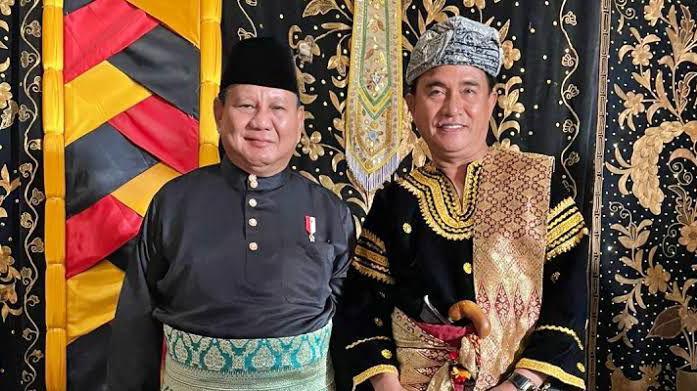Indonesia celebrated its 80th Independence Day with a meaningful reminder of the nation’s core values. True independence goes beyond freedom from colonial rule; it also entails freedom from hunger, ignorance, and underdevelopment. In line with these ideals, the Free Nutritious Meals (MBG) program was introduced as a tangible expression of independence in the realm of nutrition. This initiative, far from being a mere food aid project, is an investment in Indonesia’s future, particularly in the well-being and potential of its children.
Deputy for Dissemination and Media Information, Noudhy Valdryno, known as Ryno, highlighted the significance of the MBG program. Through MBG, millions of schoolchildren, pregnant women, breastfeeding mothers, and toddlers nationwide receive nutritious meals daily. The impact of the program extends beyond improving academic performance and concentration; it also supports physical growth and brain development. These benefits are seen as laying the foundation for an outstanding generation in pursuit of Indonesia Emas 2045, the nation’s vision of prosperity.
Recognized internationally, the MBG program has garnered praise from the School Meals Coalition for its effectiveness. With eight million beneficiaries to date, including students from early childhood education centers to high schools, pregnant women, and toddlers enrolled in community health programs, MBG is already showing measurable benefits. Experts from the National Nutrition Council have noted improvements in Body Mass Index (BMI) among children and adolescents in several regions, attributing these positive changes to MBG.
Furthermore, the program has proven to enhance classroom concentration and cognitive abilities, as indicated by the National Research and Innovation Agency’s findings. Students receiving MBG have shown improved learning focus and motivation, particularly those who used to skip breakfast. Beyond health and education outcomes, MBG has also stimulated economic activity by creating job opportunities and supporting local businesses that supply program ingredients.
One heartwarming example is Suratina, a 63-year-old grandmother employed at an MBG kitchen in Yogyakarta. Grateful for the work not only for the income it provides but also for the camaraderie she experiences, Suratina finds joy in preparing meals for the children, reminiscent of her own grandchildren at home. The MBG program’s holistic approach encompasses not only nutritional support but also economic empowerment, community engagement, and a brighter future for Indonesia’s youth.

